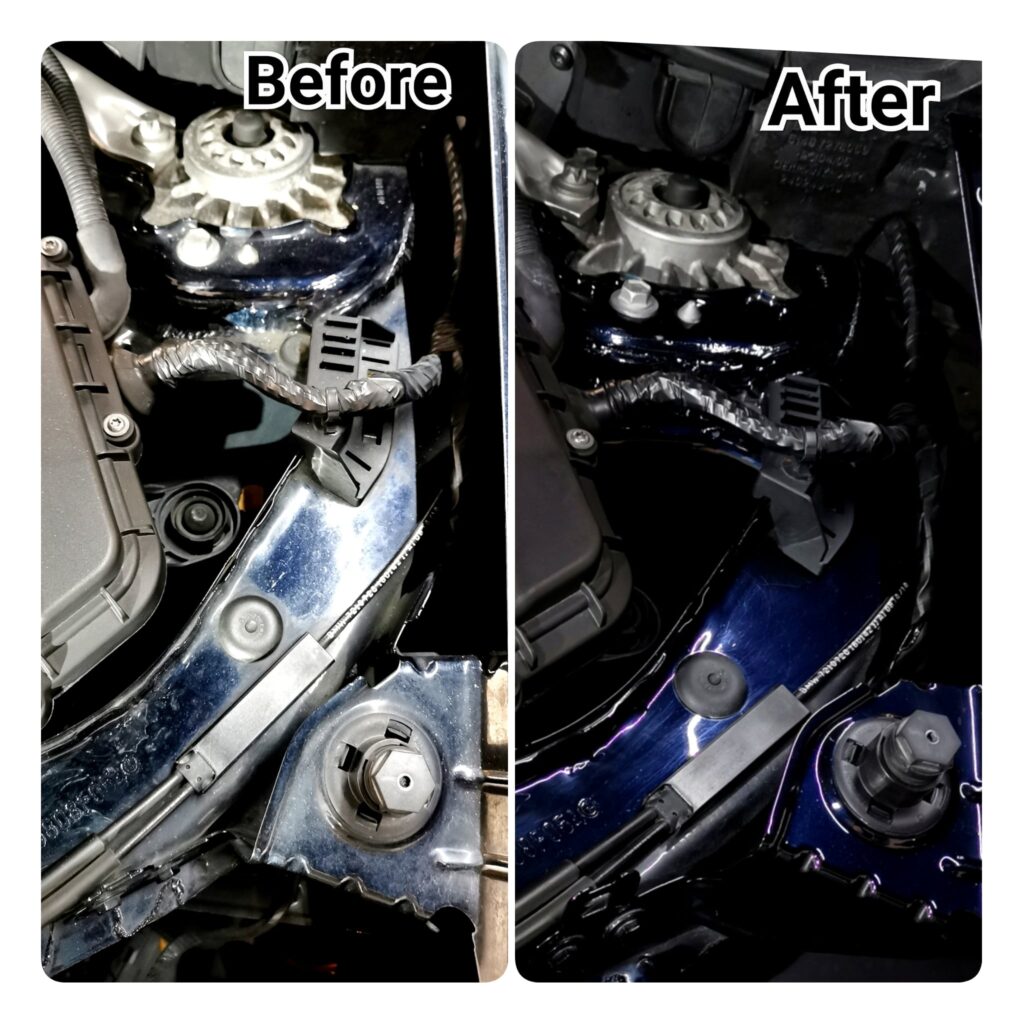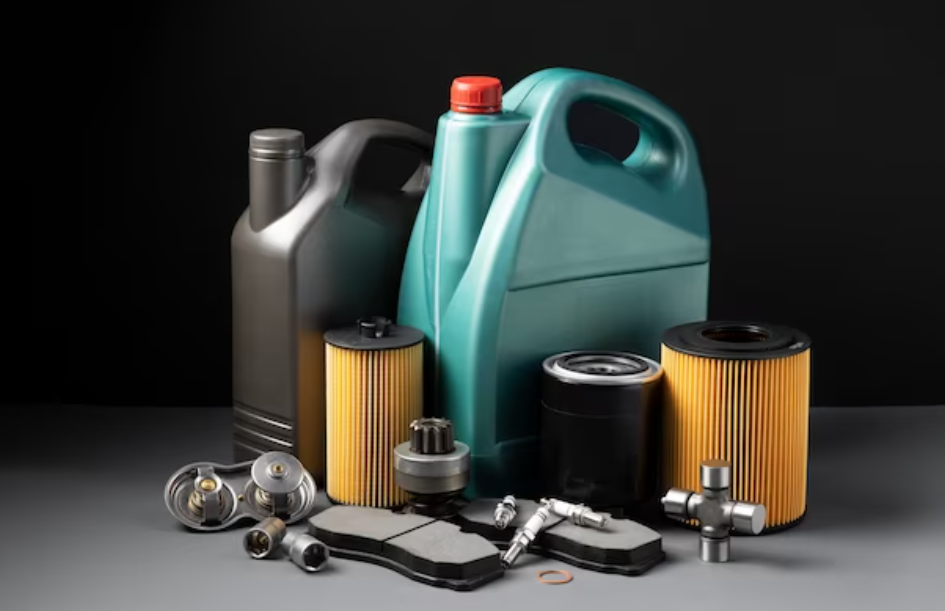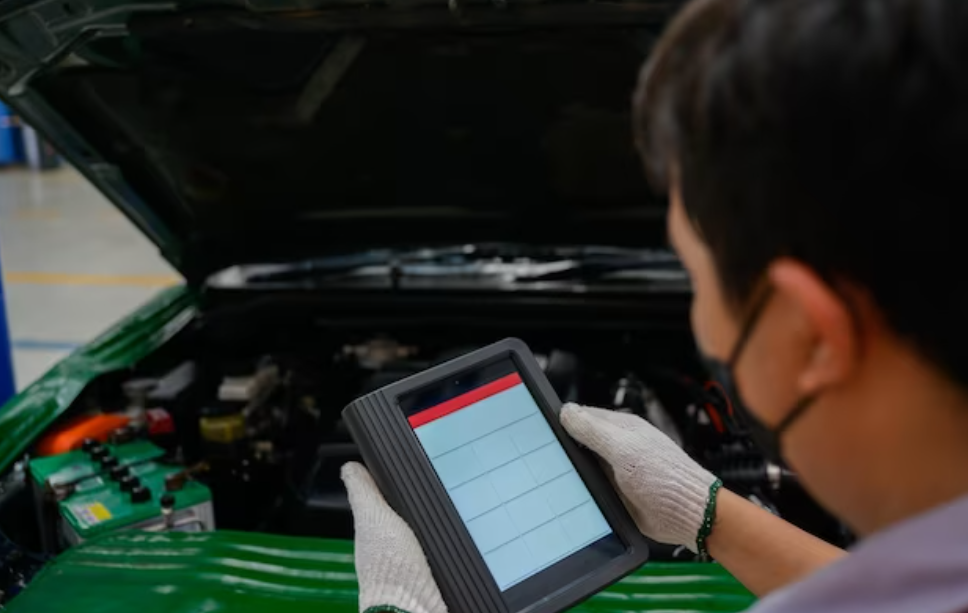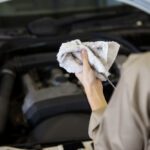
Engine cleaning is an important part of car maintenance. It helps to ensure that your vehicle runs smoothly, efficiently and safely. Regular engine cleaning can help reduce the risk of expensive repair bills and keep your car running in top condition.
In this article, we’ll discuss the importance of regular engine cleaning and how it can help you get the most out of your vehicle.
Engine cleaning is a relatively easy and inexpensive way to keep your car running at its best. By regularly removing built-up dirt, grime and debris from the engine, you can extend its life cycle and make sure it’s working at its optimal level. Not only does this save money in the long run but it also makes for a smoother ride and more efficient fuel consumption.
Benefits Of Regular Engine Cleaning
Cleaning your engine is an essential part of preventative maintenance for your vehicle. Regularly cleaning your engine helps to ensure that it runs smoothly and efficiently, improving fuel efficiency and reducing the possibility of problems in the future. When left unchecked, dirt, debris, and grime can accumulate on engine components, leading to issues with performance and potential breakdowns.
The most important step in cleaning your engine is to make sure you are using the right products to get rid of all the buildup while also protecting against future damage. It is also important that you take safety precautions like wearing protective gear and having a fire extinguisher nearby when working around gasoline or other flammable liquids.
Additionally, if you do not feel comfortable doing a deep clean yourself, it is best to seek professional help from an experienced mechanic.
By taking these steps to protect your engine, you can avoid costly repairs down the line and keep your car running smoothly for years to come. Regularly cleaning your engine will help improve its performance and increase its lifespan—allowing you to get the most out of your vehicle without breaking the bank.
With this in mind, let’s look at how we can go about cleaning our engines properly.
How To Clean Your Engine

Engine cleaning is an essential part of proper car maintenance. It not only helps keep your engine running smoothly, but it also extends the life of the car. If done on a regular basis, it can help you avoid costly repairs in the future. Proper technique and the right cleaning products are key to achieving optimal results when cleaning an engine.
When cleaning an engine, start by identifying any parts that need to be removed prior to applying any cleaners. This will ensure that no damages occur during the process.
Once all components are identified, spray on a degreaser or cleaner designed for use on engines and let the product settle for several minutes before scrubbing off with a wire brush. Be sure to cover all surfaces with cleaner and take extra care around delicate parts such as hoses and electrical components.
Once all surfaces have been scrubbed down and rinsed off with clean water, allow them to dry completely before reinstalling any components you had previously removed. Dry off any excess water droplets with a clean cloth or air compressor so they don’t interfere with electrical connections or corrode metal components over time.
With these steps complete, your engine should be sparkling clean and ready for reinstallation! Transitioning into the next section, having the right tools and supplies on hand is essential when tackling an engine cleaning job.
Tools And Supplies Needed For Engine Cleaning

When it comes to engine cleaning, having the right tools and supplies is essential. Without them, it can be difficult to get the job done properly and safely. From degreasers to safe storage solutions, here are some of the items you’ll need to make engine cleaning a success:
Degreaser: This is a must-have for any engine cleaning project. It helps break down any grease and grime that has built up on the engine’s exterior surfaces. Make sure to choose one that is safe for use on engines and follow all safety instructions when using it.
Brushes: You’ll need several different types of brushes depending on the size and type of engine you’re working with. Soft bristle brushes are great for removing stubborn dirt and grime from smaller areas, while stiffer bristle brushes are better for larger surfaces.
Rags: Rags are necessary for wiping away dirt and debris after applying degreasers or cleaning solutions. Make sure to have a few on hand so you can easily switch out dirty rags as needed.
Cleaners & Waxes: After you’ve removed all the dirt and grime from your engine, it’s important to apply a cleaner or wax to protect its surfaces from further damage or corrosion. Look for products specifically designed for engines, such as automotive polish or waxes that help repel water and dirt.
Safe Storage Solutions: Last but not least, it’s important to store your tools in a safe place when not in use. Invest in some tool boxes or storage containers that have secure lids so you don’t run the risk of getting your supplies wet or damaged by dust or debris.
With the right tools and supplies at hand, you can ensure that your engine cleaning projects will go off without a hitch! Moving forward, let’s cover some common mistakes people make when tackling this task so you can avoid them in your own work.
Common Mistakes To Avoid
Cleaning an engine is a delicate process and one that can easily go wrong if not done correctly. To avoid common mistakes, it’s important to be aware of the signs that indicate improper technique or neglect of cleaning. Here are some of the most common mistakes to look out for:
| Mistake | Result |
|---|---|
| Improper Technique | Damage to engine components |
| Ignoring Signs | Poor performance |
It’s important to take the time to clean your engine regularly and properly. Doing so will ensure that your vehicle is running optimally and will save you from having to replace expensive parts in the future. In addition, make sure to pay attention to any signs of trouble while cleaning – they could be indicative of a deeper issue that needs professional assistance.
When To Get Professional Assistance

It is essential to recognize when regular engine cleaning isn’t enough and professional assistance is needed. Although it may be tempting to avoid the additional cost, taking care of the problem now can save money in the long run.
Here are some signs that it’s time to seek professional help:
- Unusual noises coming from the engine
- Poor fuel economy
- Excessive exhaust smoke
Professional assistance may come with a cost, but it could be necessary for maintaining your vehicle’s performance and preventing more costly problems down the road.
Furthermore, having an expert assess and clean your engine can also reduce environmental impact by eliminating excess pollutants from entering the atmosphere. Taking preventative measures now can reduce your carbon footprint while saving you money in the future.
With this in mind, it is important to consider getting professional help when regular engine cleaning isn’t doing enough.
Frequently Asked Questions
How Often Should I Clean My Engine?
For example, the type of engine you have will determine how often you should clean it, as well as what cleaning products you need to use.
Generally, small engines should be cleaned at least every three months, while large engines may need to be cleaned more frequently, like every month or two.
Taking good care of your engine with regular cleaning can help maintain its performance and longevity.
What Are The Signs That My Engine Needs To Be Cleaned?
Dirty symptoms such as an increase in exhaust smoke, a decrease in engine lubrication or a noticeable drop in fuel efficiency may mean it’s time for an engine clean.
It’s essential to act quickly and clean the engine before any permanent damage is done.
Is Engine Cleaning Safe For The Environment?
Using green solutions and eco friendly products will help reduce your environmental footprint while still ensuring that your engine operates at its peak performance.
Regular engine cleaning with these products will also reduce emissions, making it safer for the environment in the long run.
Are There Any Risks Involved With Engine Cleaning?
Detergents used in the process may be petroleum based, which can cause engine damage or release toxic fumes and chemicals into the air.
Furthermore, individuals who engage in engine cleaning may also be exposed to these same chemicals, leading to potential health risks.
It is important to take all safety precautions when cleaning an engine, such as wearing protective gear and using only non-toxic detergents.
Can I Clean My Engine Myself Or Do I Need A Professional?
Deciding whether to clean your engine yourself or hire a professional depends on the condition of your engine and your comfort level with DIY kits and chemical solutions.
If you have the tools and knowledge to perform the job, then you may want to proceed with a DIY project.
However, if you are unfamiliar with engine cleaning or don’t have access to special equipment, it is best to hire a professional mechanic who can safely complete the task.
Conclusion
Regular engine cleaning is essential for the health of your vehicle.
Paying attention to signs that your engine needs to be cleaned is essential, as it can help increase fuel efficiency and reduce emissions.
Cleaning your engine yourself is possible, but it’s best to leave it to the professionals if you don’t have the experience and knowledge.
Doing so will help ensure you take the necessary safety precautions and that your engine gets a thorough clean.
Regularly cleaning your engine can save you time and money in the long run.
So, don’t wait – get your engine cleaned today!



